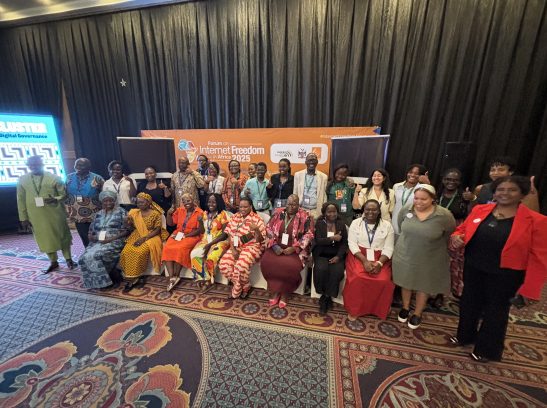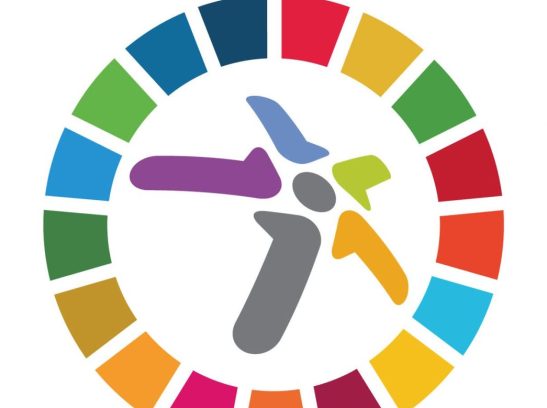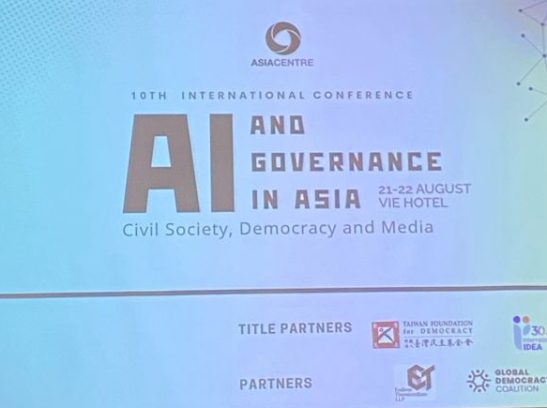The upcoming consultation on the Global Digital Compact presents a unique opportunity to ensure that human rights in the digital world are protected in international common standards.
The United Nations has proposed a Global Digital Compact, a set of shared principles for our digital future, which is scheduled to be agreed upon by Member States in September 2024. The Compact is expected to “outline shared principles for an open, free and secure digital future for all”, and the consultation being conducted by the UN Secretary-General’s Envoy on Technology presents a unique opportunity to ensure that these principles are rooted in human rights law and underpinned by an intersectional feminist, anti-discrimination analysis.
This is not the first time a range of countries have contributed to a document articulating a better way forward in the digital world. The Declaration for the Future of the Internet lays out priorities for an “open, free, global, interoperable, reliable, and secure” Internet and establishes a code of practice for how nation-states should act in the digital sphere. Sixty-one countries have signed on, and while this is a welcome step, it underscores how the world’s current patchwork of laws and policies are failing to adequately protect and promote human rights online.
The Declaration envisions a well-governed digital domain in which human rights and democracy are defended, privacy is protected, freedom of expression is upheld, and censorship condemned.
But all this cannot be achieved simply by making a statement of intent. Our human rights apply in the digital world too and our digital rights have to be protected in law.
The Internet – a tool for great good and huge harm
Early predictions on how the Internet would remove barriers and usher in freedoms, connect people globally, and help achieve liberty, democracy, and equality, have only partially been realized.
While the Internet has been a conduit for much good, it has also become a powerful tool to commit harm, including facilitating the proliferation of disinformation, surveillance, and polarization, alongside an explosion in online crime, harassment, and abuse.
Digital dividends do not benefit people in the way they should, and the facade of the digital world that most people see conceals the rife existence of exploitative and often low-paid work.
The application of uneven regulations across jurisdictions, and the continuing use of standards and principles that are voluntary for the private sector, has resulted in multinational tech companies largely regulating themselves. But they have failed to stem the rising tide of harmful narratives, hate speech, and disinformation that is poisoning our digital ecosystem.
We need to rethink how we ensure that the Internet and digital technologies are available, safe and accessible to all.
The call for universal digital rights
To achieve a well-governed digital realm, international women’s rights organizations Equality Now and Women Leading in AI are calling for universal digital rights, rooted in human rights law and underpinned by an intersectional, feminist informed and anti-discrimination analysis. Clearly articulating how human rights apply in cyberspace would ensure accountability on the part of governments and companies.
Some laws and regulations exist, particularly around data privacy and freedom of expression. However, what is needed is an agreed understanding of fundamental digital rights.
Providing clarity on what constitutes universal digital rights would address the current critical failings arising from the misuse of the Internet and digital technology. It would protect people from human rights violations that are outside the framing of current laws, such as how the law applies in the virtual world of the Metaverse. And it would foster an inclusive digital landscape, including by promoting equitable and affordable access to the Internet and digital technology.
Clarity on universal digital rights would respond to existing challenges around protection of a person’s “digital twin” — their digital representation. It would ensure trustworthy Artificial Intelligence and address the current uneven and ineffective regulation of the Internet.
Human rights apply in the digital world too and our digital rights must be protected in law
Achieving universal digital rights is ambitious in scope but the only way to truly guarantee an equitable Internet and use of digital technologies is through international, multi-sectoral cooperation. Just as the efforts of individual nations alone can never solve a worldwide environmental crisis, nor can we rely on separate national laws and policies to guide, regulate, and care for our global digital ecosystem.
The fact that over five dozen countries have signed up to the Declaration for the Future of the Internet is a sign that, even in these times of geopolitical instabililty, there is still an appetite to rally behind an ideal of how the digital world should function. The Digital Global Compact provides an opportunity for realization of this ideal at the global level.
Diverse voices need to be heard and contribute to global and multi-stakeholder discussions on how we will achieve universal digital rights This is why Equality Now and Women Leading in AI are taking part in the 2022 Internet Governance Forum in Addis Ababa and are excited to connect with others who want to co-create legal, ethical, and technical solutions to address current and future harms in the digital realm.
We want to make sure that the perspectives of women, girls, and other discriminated-against groups from every part of the world are fed into the consultation on the Global Digital Compact so that the Internet and digital technology works in everyone’s interests, not against them.
This article originally appeared in IPS News.





